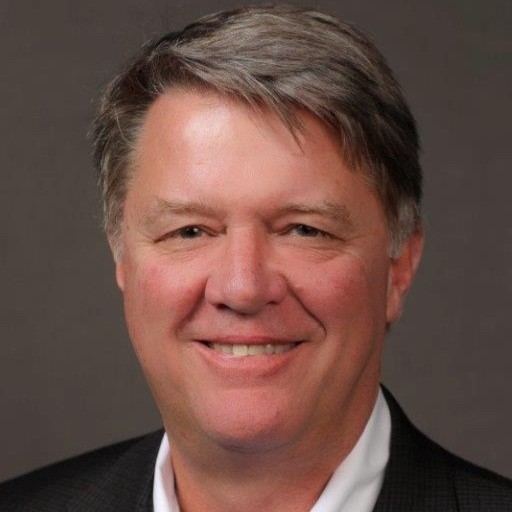In This Episode
Selling part of your dental practice to a Dental Support Organization (DSO) is a big decision and it’s important to know all the details. In this episode of "The Art of Dental Finance and Management,” Art meets with Chip Fichtner, co-founder of Large Practice Sales, to discuss what dentists should consider before making the decision to contract with a DSO. Art and Chip also discuss how dentists should navigate the process of selling to a DSO, the difference between invisible DSOs and traditional DSOs, and which dental practices might be eligible.
Show Notes & Resources
- Eide Bailly’s Dental Practice
- Decisions in Dentistry
- Academy of Dental CPAs
- What Business Areas to Focus on in Your Dental Practice
About the Host

Art Wiederman, CPA, Director of Dental Practices | Eide Bailly
Art specializes in serving dental practices. He oversees a variety of services including accounting, tax compliance and planning, financial planning, retirement planning, and financial practice management consulting. Art’s expertise is not only in taxation issues for dentists, but also in his knowledge of dental practice metrics and benchmarks. Art has the ability to look at a dentist’s statements and identify profit holes in their practice.
About the Guest


